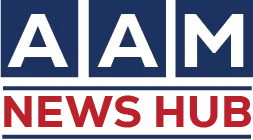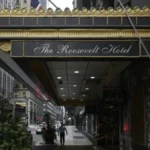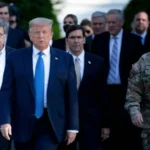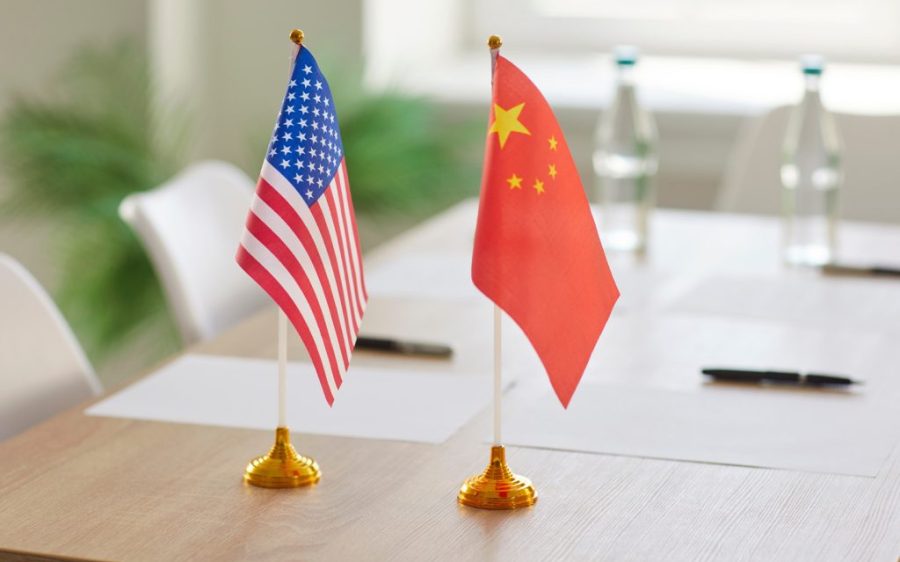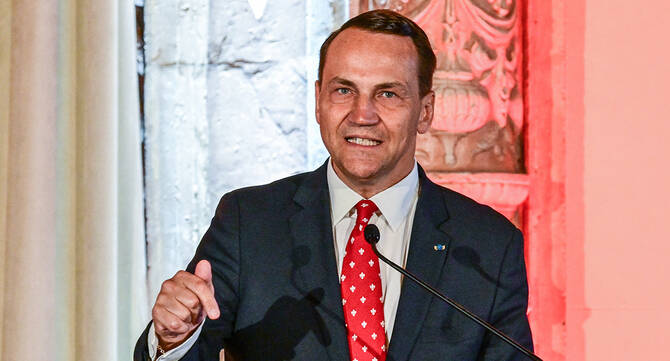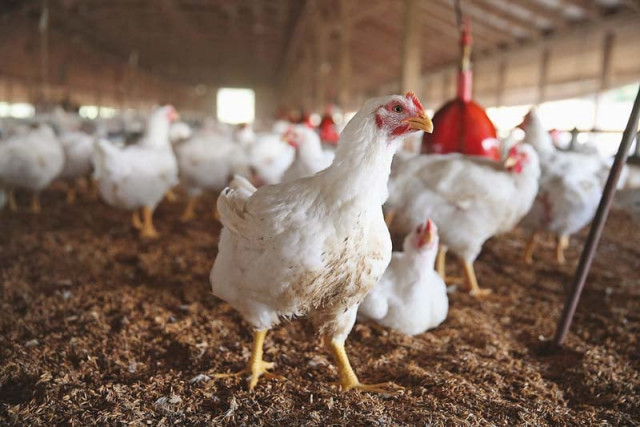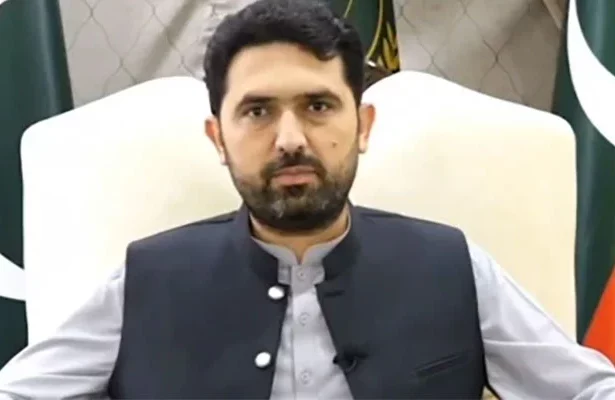After taking the oath, Donald Trump took the power of independent media outlets and created a specific “Journalist pool” to cover his events. The White House has decided to take direct control over which journalists can cover President Donald Trump’s events. This decision ends the decades-long authority of the White House Correspondents’ Association (WHCA) in …
Trump’s Major Shift In Media Relations Raises Questions
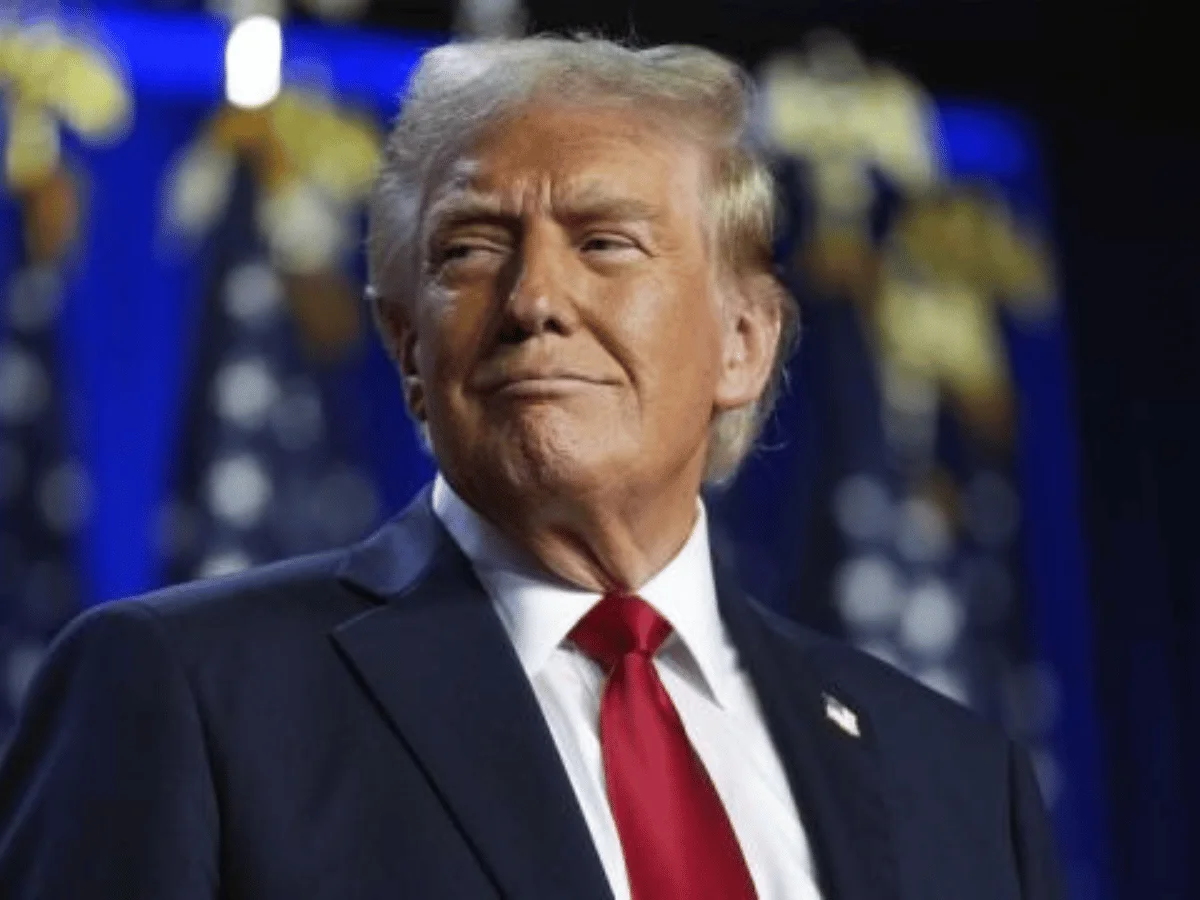
After taking the oath, Donald Trump took the power of independent media outlets and created a specific “Journalist pool” to cover his events.
The White House has decided to take direct control over which journalists can cover President Donald Trump’s events. This decision ends the decades-long authority of the White House Correspondents’ Association (WHCA) in managing press access.
A traditional shift in media access:
The White House Correspondents Association (WHCA) WHCA controlled the press pool. A press pool consists of a selected group of journalists who cover exclusive presidential events. These events include Oval Office meetings, official trips, and Air Force One flights.
Also Read: Trump’s Peace Talks With Putin Spark Global Concerns
On Tuesday, the White House declared that it will now decide which Journalists have access to these spaces. Press Secretary Karoline Leavitt justified the decision. She claimed the new policy would empower the American people by allowing a broader range of media outlets to participate.
Changes under the new policy:
The new policy means that the White House has the only authority to decide which journalists get direct access to presidential events. Leavitt assured that traditional media outlets would still be included in the press pool. However, she also stated that the White House would extend access to other media organizations that were previously excluded.
A legal battle with the associated press:
The amendments in press access come at a time when there is a huge tension between the White House and major media outlets. The Associated Press (AP) has been banned from certain White House events, particularly those held in the Oval Office and aboard Air Force One. The Associated Press has challenged the decision and argued that restricting access undermines press freedom and transparency.
The White House’s justification:
Despite criticism, the White House insists that this move expands press freedom rather than restricting it. Leavitt suggested that “legacy media” have long dominated press coverage. She argued that smaller or alternative media outlets also deserve opportunities to cover the president.
Amendments Impact on Journalism:
The shift in press access could have long-term effects on journalism in the United States. The policy can bring more diverse media representation. It could open doors for smaller and independent digital news outlets. In addition, the amendments may favor government-chosen media outlets over others. It could weaken investigative journalism and discourage reporters from asking tough questions.
